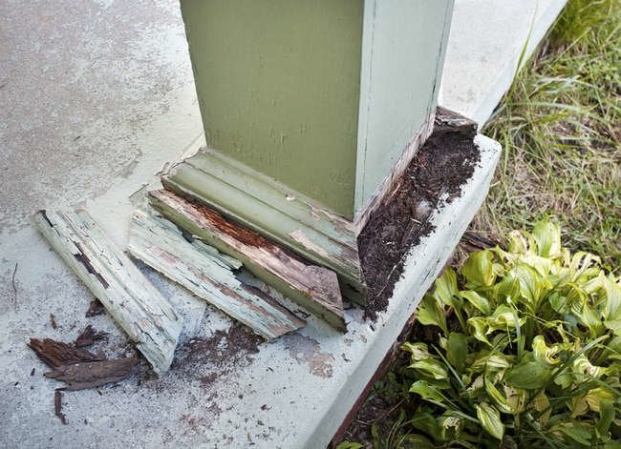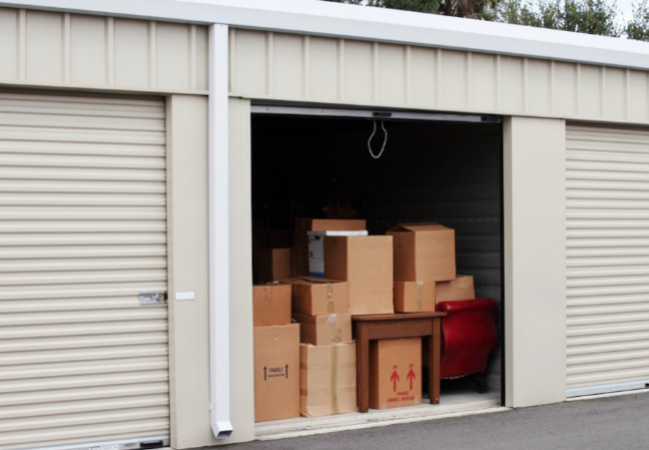We may earn revenue from the products available on this page and participate in affiliate programs. Learn More ›
The American Dream
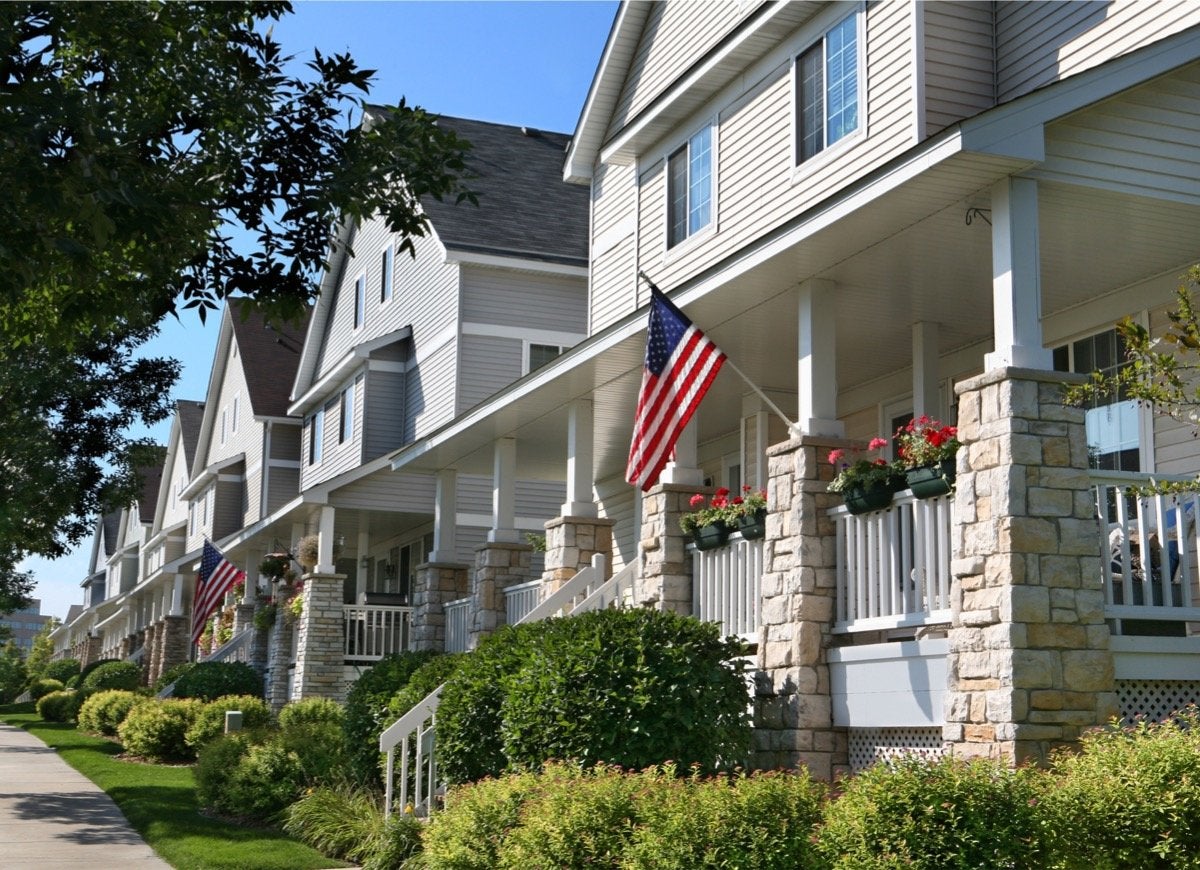
About 65 percent of Americans own a home, an aspiration that’s tightly entwined with the American dream of self-reliance and prosperity. Yet the achievement of buying a house comes with daunting expenses and responsibilities, and it’s tempered by the realization that homeownership is desperately out of reach for so many of us. In fact, in 2019 nearly 570,000 Americans were homeless. This is why it’s so important for homeowners to look at the big picture by taking stock of their situation, managing risks, celebrating their good fortune, and finding ways to contribute to the wider community. Having a roof over our heads is something we should never take for granted.
Have I made a mistake?

For millennials especially, second-guessing homeownership comes with the territory. Whether you’ve purchased a fixer-upper or new construction, it’s normal to experience anxiety, and even regret. These unpleasant emotions are triggered by new responsibilities, unrealistic expectations, and the fear of getting even deeper in debt. To put the kibosh on those nagging thoughts, share your fears openly, make realistic plans for maintaining and improving your home, invest in energy-efficient solutions to reap long-term savings, and set aside money for repairs and upkeep.
What’s that smell?
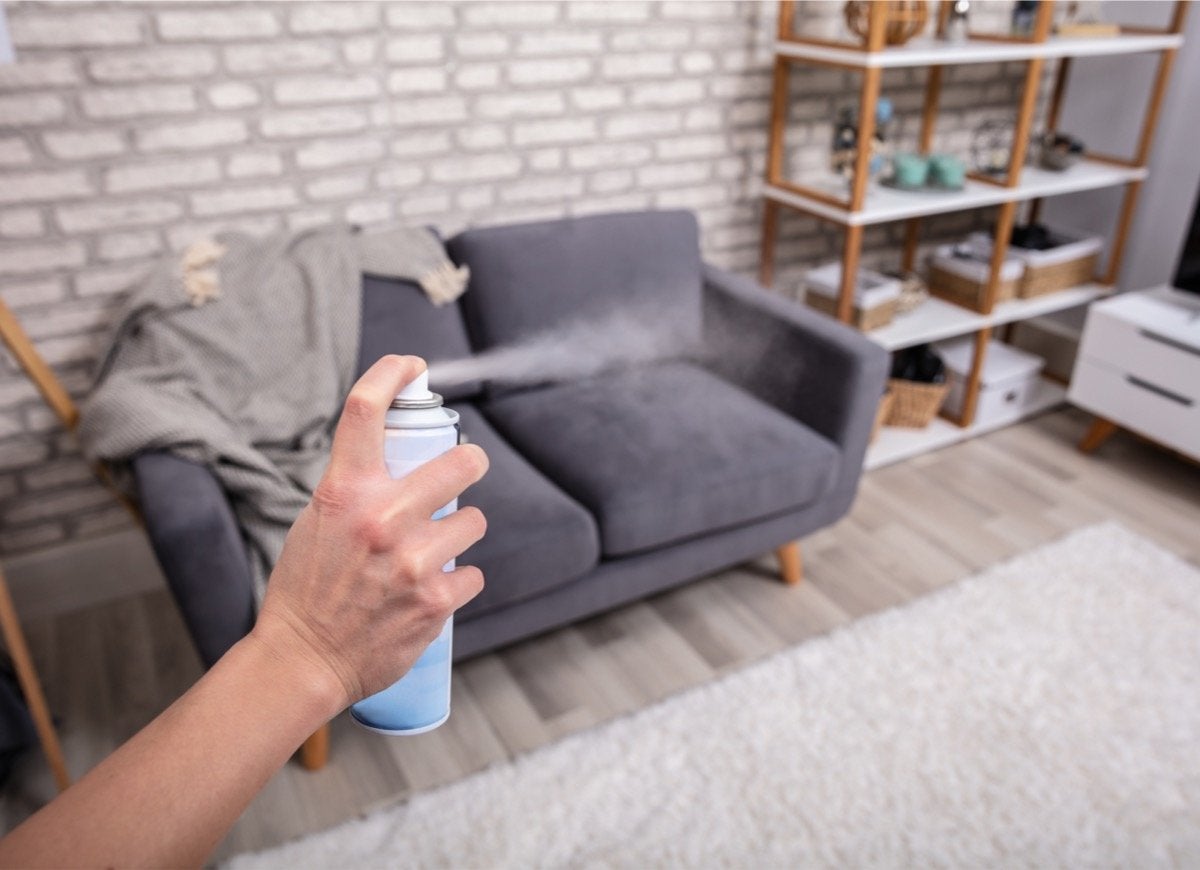
If you’re baffled by an unidentifiable smell in your home, you’re not alone. This is one of the most common household complaints. First, find the source of the odor—which can be tricky. A good strategy is to leave your house for a bit, then come back in with fresh nostrils. Head to the most likely stinky spots: trash cans, refrigerator, laundry room, garbage disposal, pet areas, bathrooms (especially drains), and kids’ rooms or the playroom. Make sure you identify the cause of the offending smell rather than just trying to cover it up, because air freshener can mask a potentially unsafe situation like a gas leak.
What’s that noise?
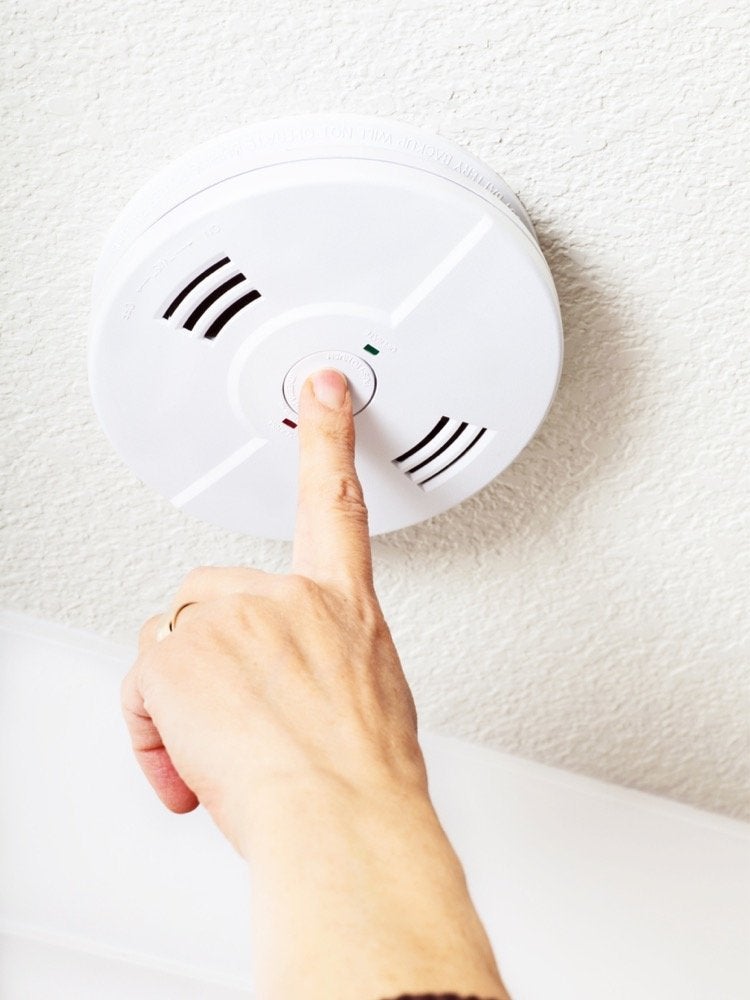
Strange noises at night can make you leap out of bed, in fear of an intruder. But other sounds can be cause for concern too. Loud, regular buzzing can mean one of your appliances is acting up. An intermittent chirping may be a sign that a smoke alarm or other detector needs checking. Your furnace and pipes can make knocking sounds if there’s a problem. Whenever you hear anything out of the ordinary, try to find the source and seek out the appropriate professional to fix it, if necessary.
@!#$%^&*!
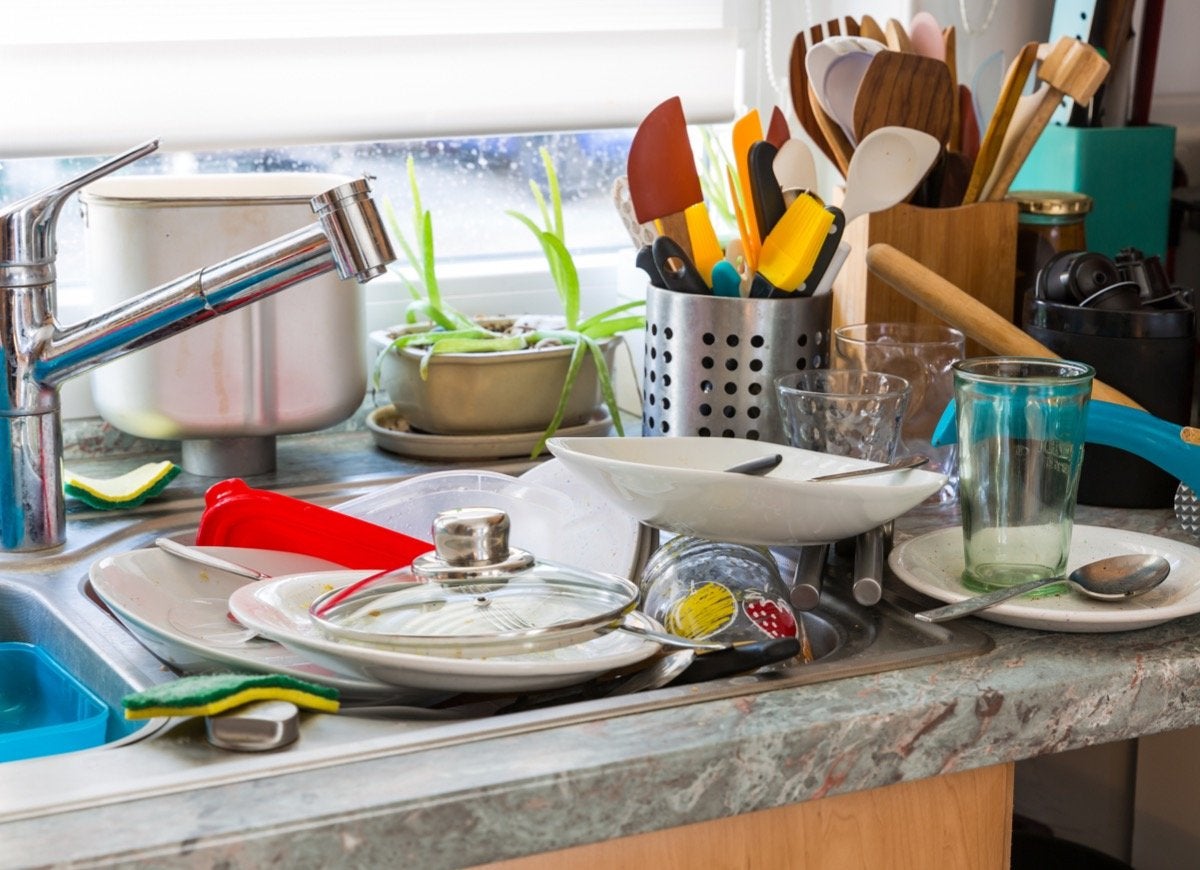
We’ve all been there. Whether you’ve stubbed your toe on the bed again or awakened to a flooded basement, every so often you need to release a little steam. Sometimes you’re provoked by something that can be easily remedied—dirty dishes piled up in the sink, stinky trash, or general clutter—while at other times you need to call in a pro to make things right. It’s important to stay calm, particularly if a housemate or spouse was the cause of the problem, and learn how to let the small stuff go.
Can I afford that?
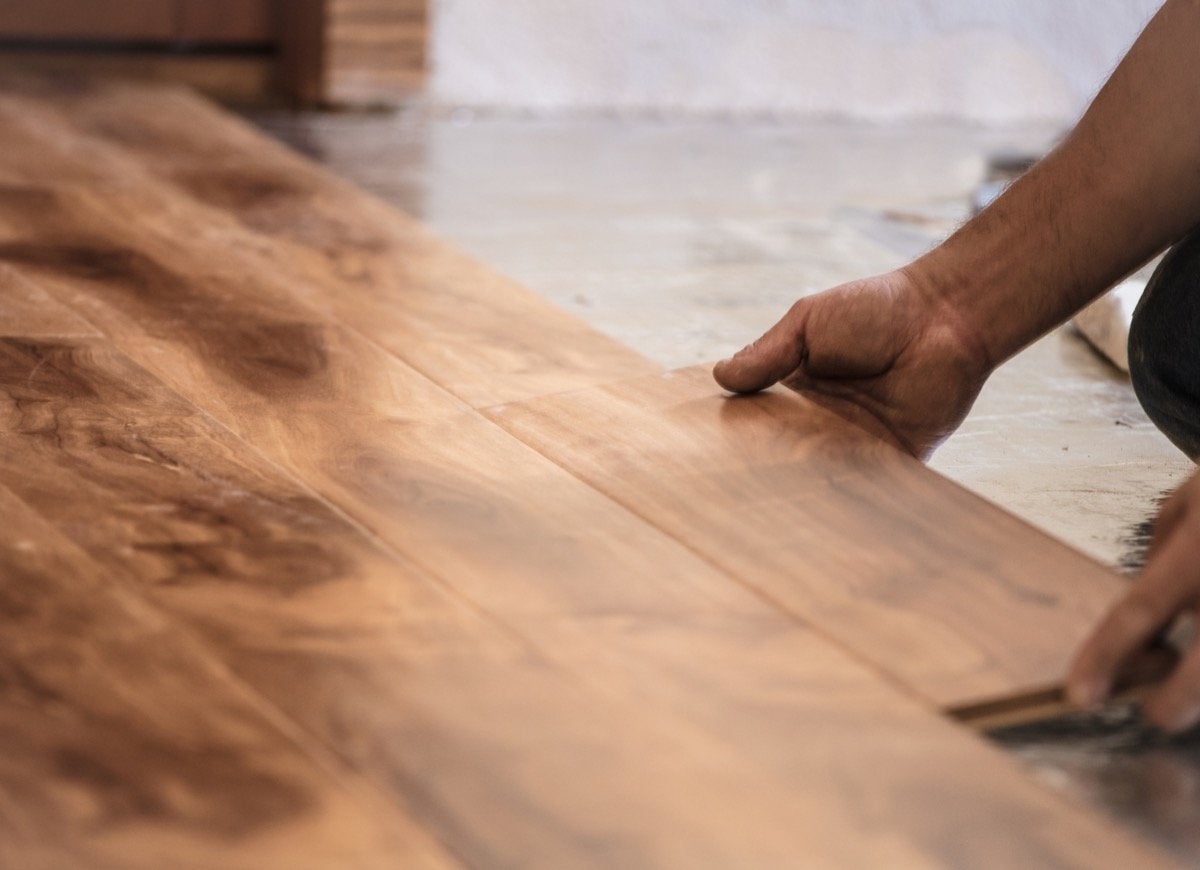
Household repairs and maintenance can be expensive. On the low end, if you need to repair an appliance like a a fridge, cooktop, or oven, you can expect to pay about $200 on average, depending on the parts and labor required. Bigger-ticket renovations like a new roof, upgraded flooring, or add-ons like a deck or pool will set you back thousands of dollars. Which improvements will raise your home value the most? Landscaping, kitchen renovations, and updates to a home’s facade are usually good investments.
Related: 10 (Major) Costs Every Homeowner Needs to Be Prepared For
I wish I could afford _________.
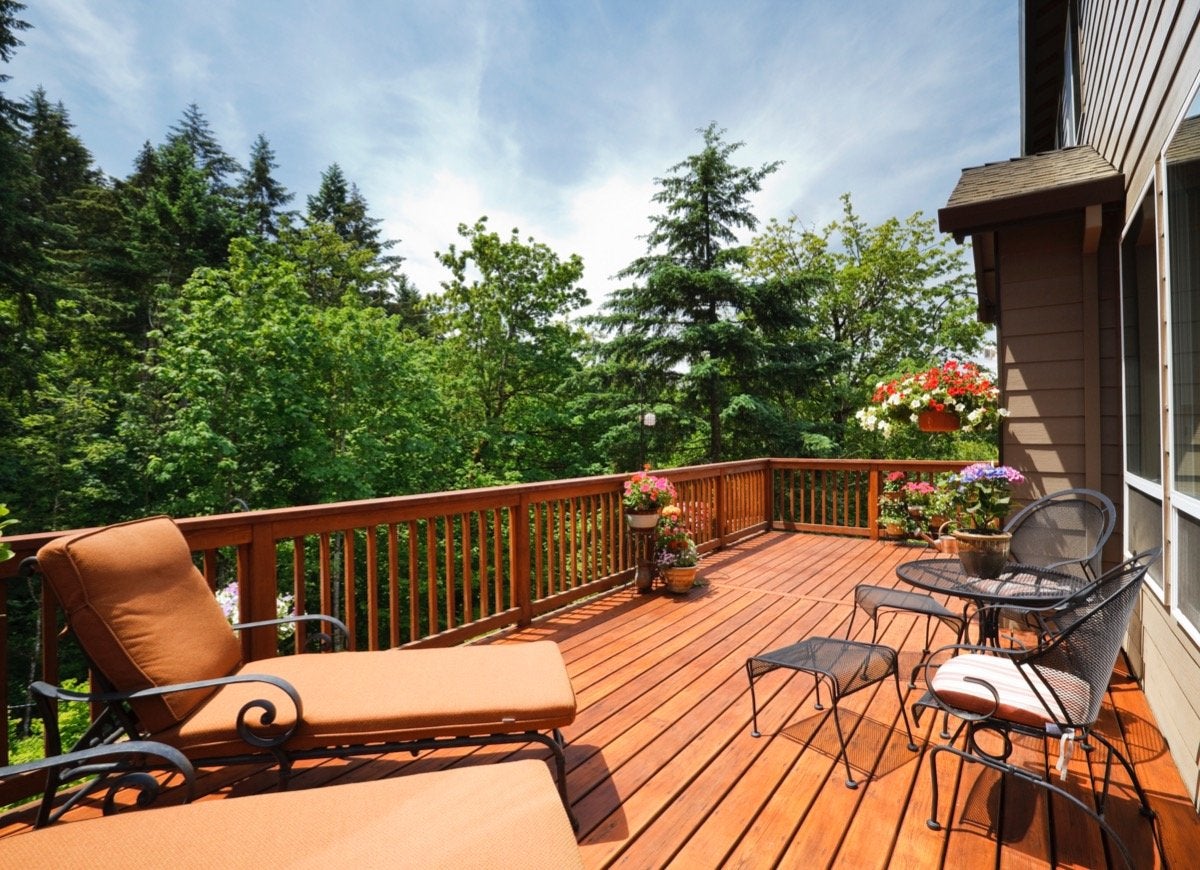
Wishful thinking is common among homeowners of all stripes. “Keeping up with the Joneses” is a real affliction, and one that can be damaging psychologically. Comparing our circumstances and possessions to our neighbors’ can lead to a negative mindset, diminishing our overall level of happiness and satisfaction. Don’t let fancy TV shows and your neighbors’ latest improvements dictate what you wish for. Instead, weigh your wishes internally: Will a new mattress (or kitchen island or deck) significantly improve your life, and is it something you’re willing to save for?
I’m tired.

Homeownership is hard work. Whether you have a huge spread in the suburbs or a small condo in the city, you’re weighted down with endless tasks and concerns—if you choose look at it that way. Fatigue can cause you to take a negative view of things and can also intensify exhaustion. Before a downward spiral sets in, get back to basics: Get enough sleep, eat a balanced diet, and drink plenty of water. Defuse your negative thoughts by figuring out which have a basis in reality and need to be dealt with, and which are merely unhelpful. Learn the strategies that work for you, and be kind to yourself when you’re struggling.
I’m sick of fixing ________.
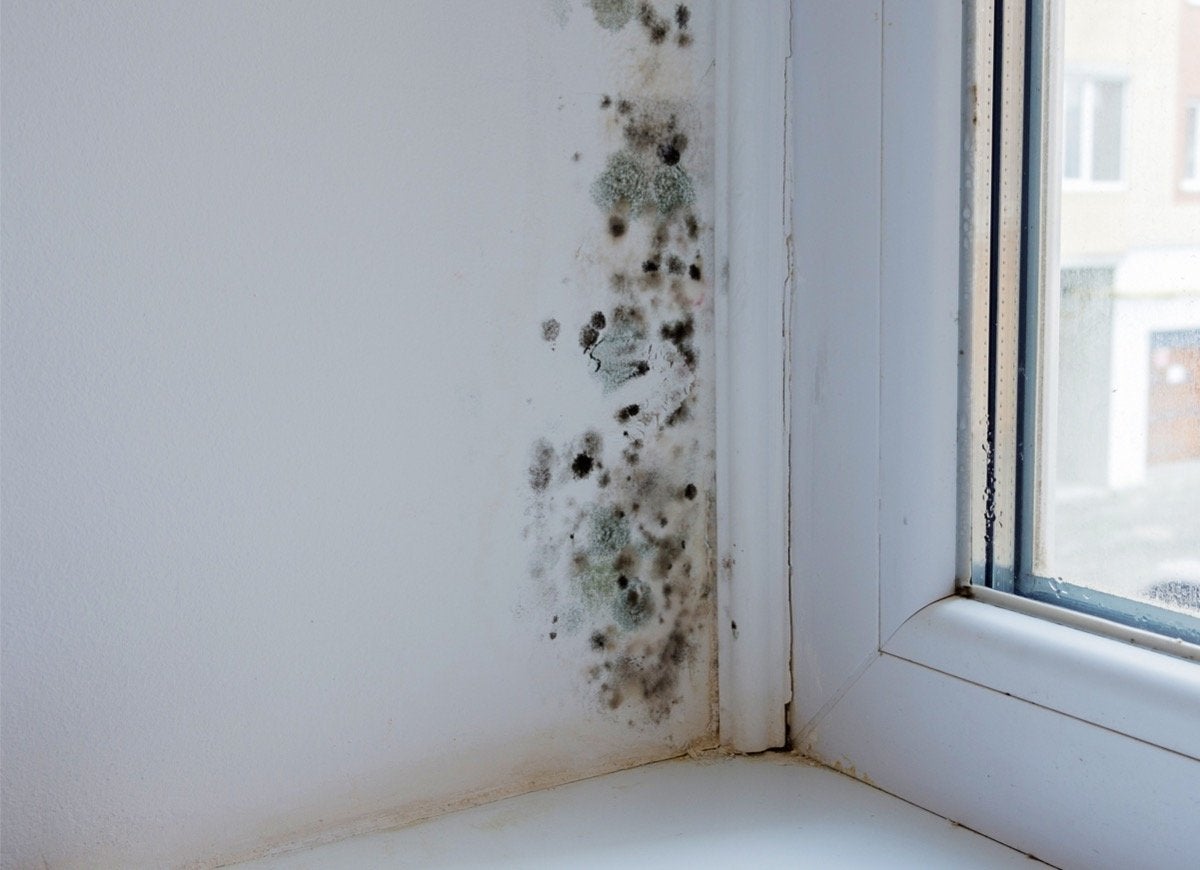
If you find yourself fixing the same issue over and over again, perhaps it’s time to consider a better solution. For instance, according to the International Association of Certified Home Inspectors, poor grading and drainage is high on the list of the 10 most commonly reported problems. If not corrected, poor drainage can lead to water damage and mold in crawl spaces and basements. Rather than dealing with accumulated moisture on a case-by-case basis, tackle the bigger problem by waterproofing your basement or correcting any underlying drainage issues.
Related: 12 Big Mistakes That Lead to Mold and Mildew Growth
What are my neighbors doing?

Being a good neighbor goes hand in hand with homeownership, but sometimes it’s hard to be nice. There are many reasons, from barking dogs to noisy parties, that your neighbor might report you to the authorities, or vice versa. If you find yourself pulling out your hair at your neighbor’s antics, try a soft approach first. Make a friendly overture at a moment when you’re not annoyed, and convey your concerns with a dose of understanding. If the behavior doesn’t change, tell your neighbor what your next steps will be. Clear communication—and documentation—is your best friend.
I wish I knew more people here.

While annoying neighbors are a common worry, simply getting to know your neighbors can be equally challenging. According to the Pew Research Center, only about half of Americans say they trust their neighbors. Some of this distrust is probably a factor of residential segregation by income, with residents of wealthier neighborhoods experiencing greater safety and trust. That said, personal initiative can play a big role in establishing a sense of community. Make an effort by reaching out.
Am I safe?
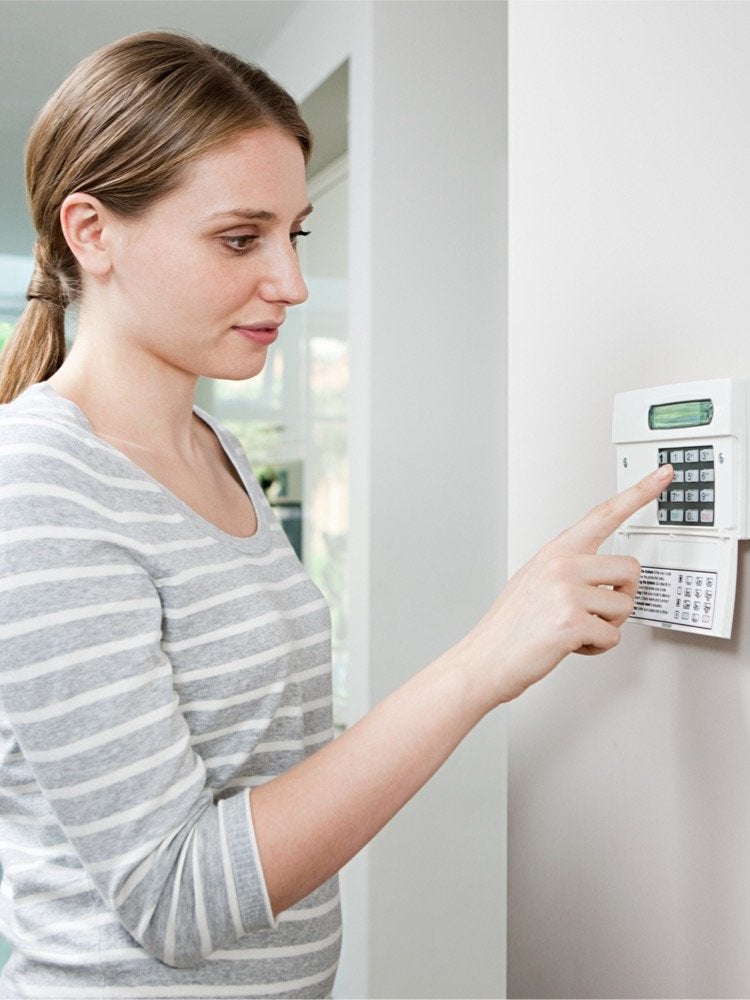
Everyone worries about their family’s safety from time to time. But those normal fears can be destructive if they become all-consuming. To prevent concerns about personal safety from harming your mental health, take steps to protect your home. Beyond installing a security system, there are many ways to boost your safety and disaster preparedness, including checking your alarm system monthly and keeping an up-to-date first aid kit handy.
I hate my __________.
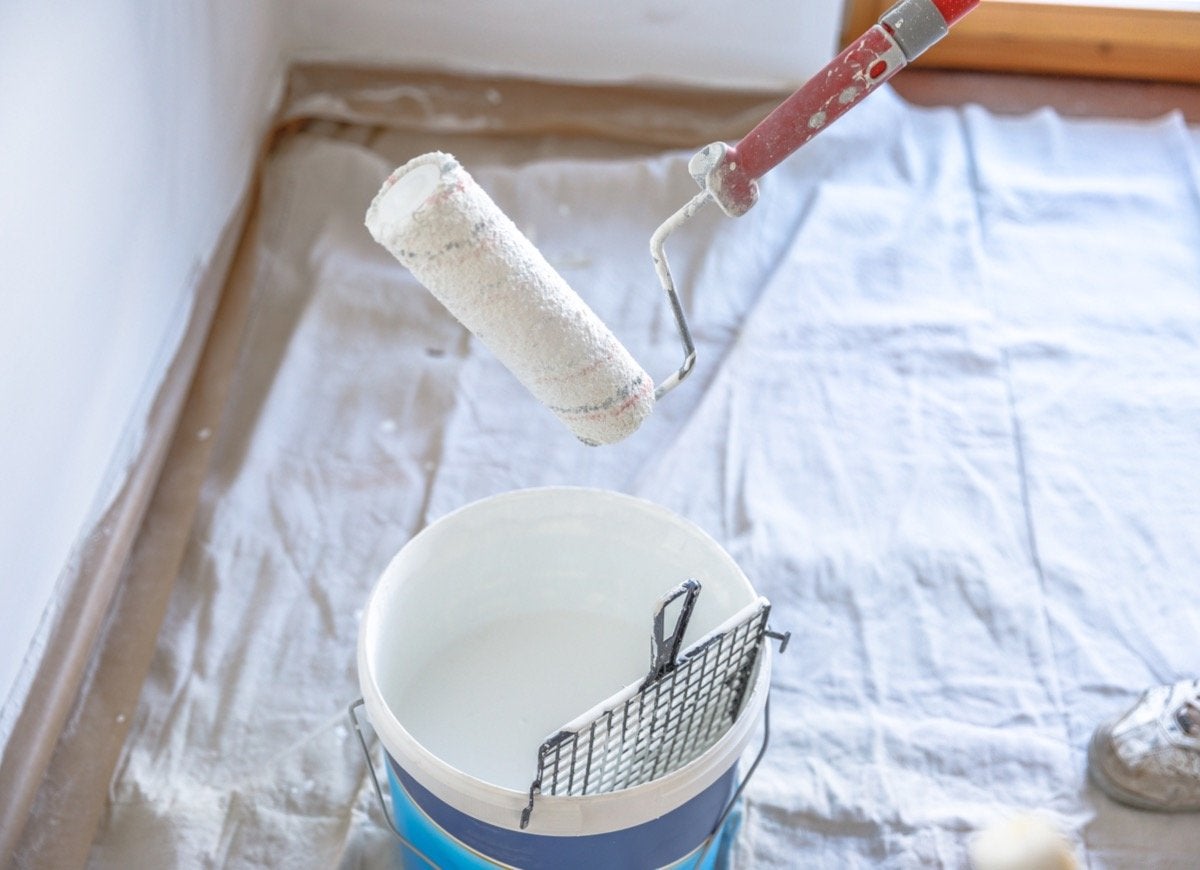
Whether it’s your cramped bathroom or the too-small windows in your bedroom, there are always features of your house that don’t meet your needs or desires. Fortunately, you have plenty of tricks at your disposal to brighten rooms and make them seem larger, from a fresh coat of paint to the right lighting to the clever use of mirrors. Especially if you can’t afford major changes like a renovated bathroom or higher ceilings, take advantage of smart cosmetic tweaks to improve your day-to-day satisfaction with your house.
I love my __________.

While our homes are subject to constant nitpicking, they are also sources of deep joy and satisfaction. Every house has some great qualities—a beautiful view, a spacious kitchen, or a cozy den. If you find yourself gravitating to one particular spot in your home, take note. Try to figure out why that space attracts you, and how you can extend its qualities to other parts of your house. Your physical environment says a lot about you, and what is important to you. No matter how many times we may move in our lifetime, place matters—and so do the knickknacks and furnishings that make a home unique.
Should I move?
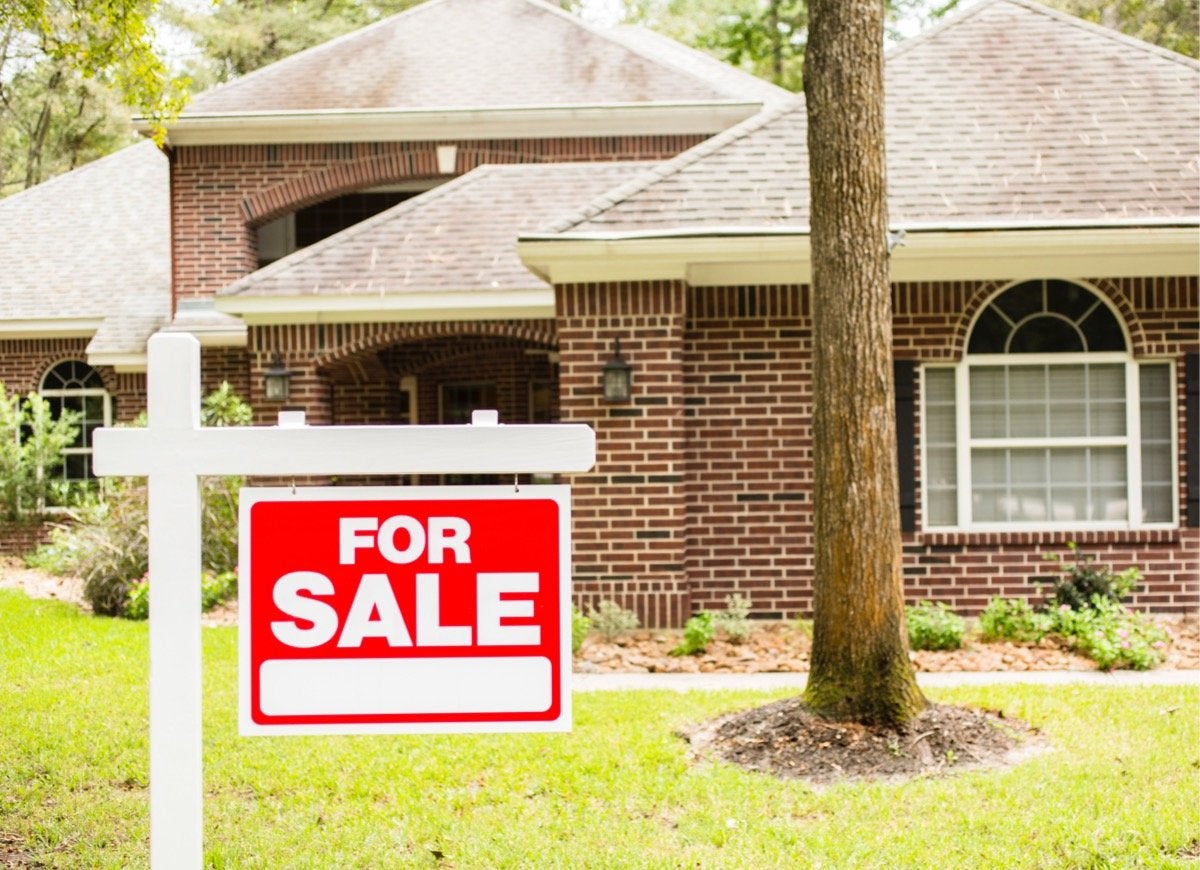
Owning a home bestows a level of permanence that may feel overwhelming or uncomfortable at times. It’s perfectly natural to get “itchy feet” and ask yourself if you’re ready to pull up stakes. How do you know when it’s really time to move? There are a few telltale signs to be on the lookout for, such as cramped quarters, an unsafe neighborhood, and a stressful commute.
I’m so lucky.

Home has been taking on a whole new meaning these days. Our homes are our workplaces, schools, gyms, and much more. That’s why it’s increasingly vital that we express gratitude for the roof over our heads. One way to demonstrate thanks is to do our part to end homelessness in our country. The National Alliance to End Homelessness has excellent resources for learning about the scope of the crisis and how you can help.



